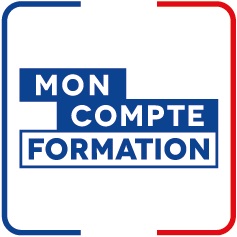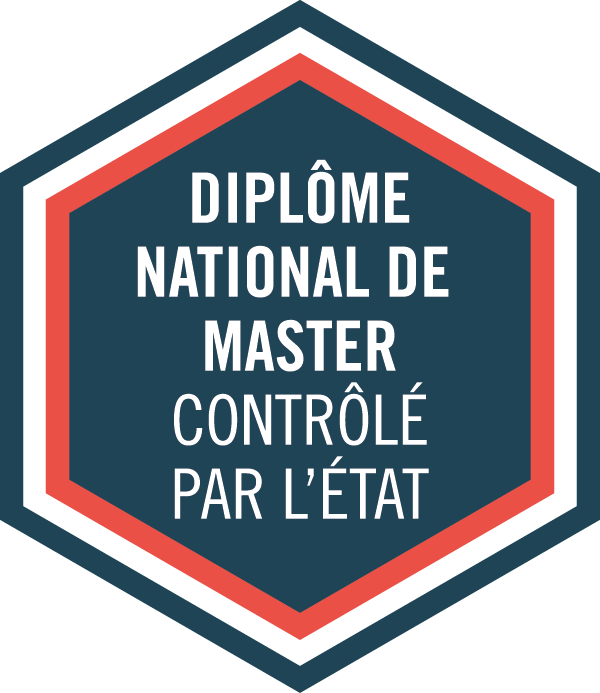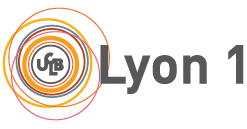1°/ La première année de Master parcours Biosciences (M1 - pcrs Biosciences) s’intègre dans une formation incluant la Licence Biosciences. Ces formations sont co-acréditées par l’Université Claude Bernard Lyon1 (UCBL, https://offre-de-formations.univ-lyon1.fr/parcours-8/biosciences.html) et l’Ecole Normale Supériure de Lyon (ENSL, https://biologie.ens-lyon.fr/l3).
2°/ La formation se fait sur le campus de l’ENS de Lyon, avec des intervenants des deux établissements (UCBL et ENSL).
3°/ L’enseignement en première année se fait exclusivement en Français (pas d’exigence de validation d’un niveau d’Anglais) mais l’enseignement en deuxième année se fait exclusivement en Anglais. A terme, les étudiants doivent acquérir une bonne maitrise de l'Anglais, écrit et oral.
4°/ Pour accéder au Master en M1 Biosciences, les étudiants doivent justifier d’une formation solide en Biologie.
5°/ Les candidats retenus sur dossier sont convoqués à un entretien.
6°/ Cette vidéo présente la formation : https://www.youtube.com/watch?v=yrMiYI9w_bI
Cette première année de Master (M1) s’adresse aux étudiants issus de Licence Sciences de la Vie (SV, Biologie), ayant validé 180 ECTS.
Vous devez candidater via la plateforme Mon Master (Master Biologie – Université Lyon 1) : https://www.monmaster.gouv.fr/master/universite-lyon-i/biologie-2
- Votre formation se fait en deux ans (Master1 et Master2).
- Vous êtes inscrits à l’Université Claude Bernard – Lyon1.
- Vous êtes diplômé du Master de Biologie (UCBL/ENSL).
- Vous êtes convoqué à un entretien à l’issue de la sélection sur dossier
Cette vidéo vous présente la formation :
https://www.youtube.com/watch?v=yrMiYI9w_bI
Plus d’informations : master.biosciences@ens-lyon.fr
















